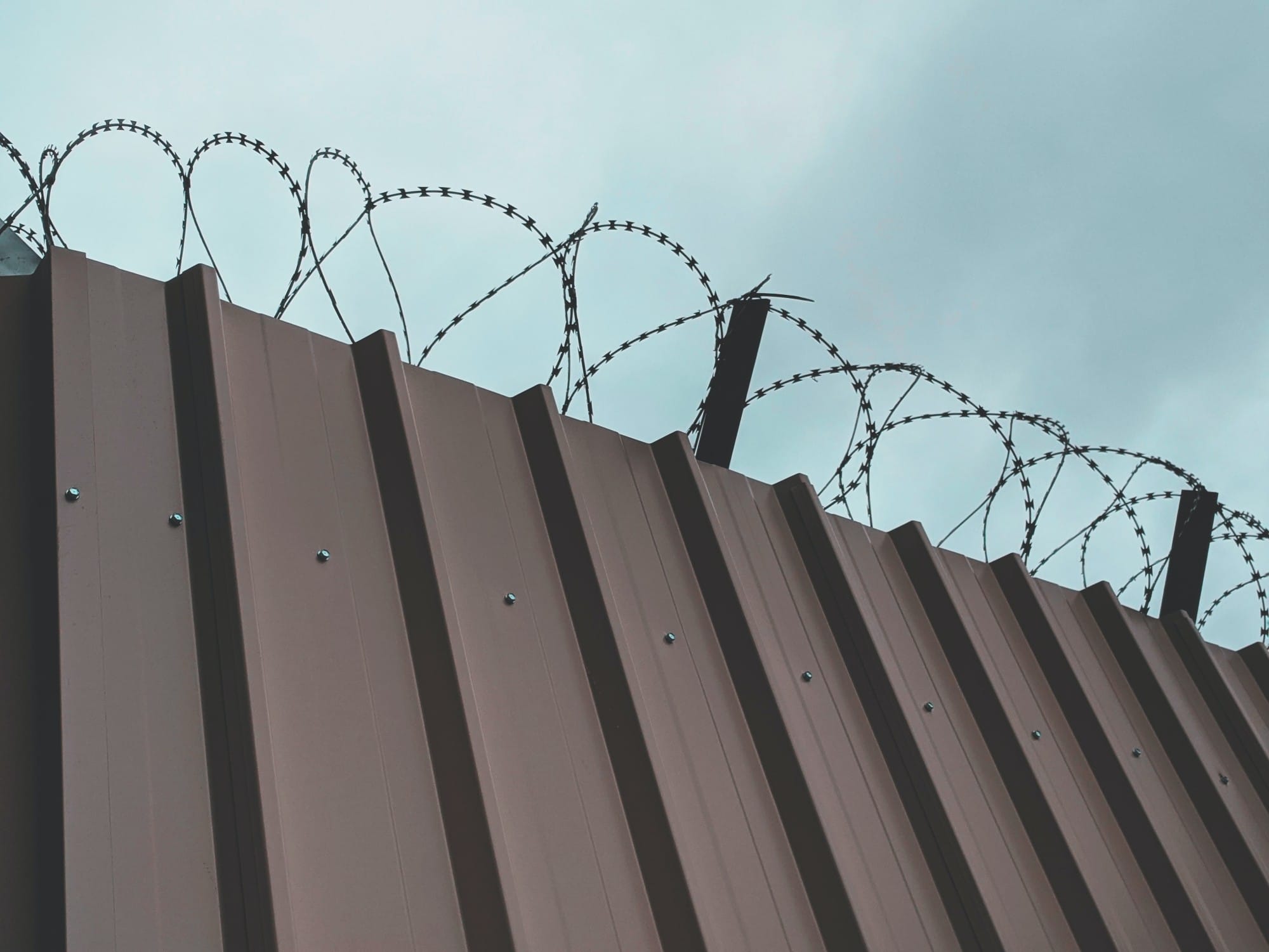Decarceration measures taken by county jails this past spring to mitigate the spread of the coronavirus behind bars bear no relationship with crime trends, according to a July 27 analysis published by the American Civil Liberties Union.
Between late February and May 2020, every local jail examined by the ACLU, except for one (Atlanta, Georgia), had reduced its population. In contrast to conservative claims that crime is spiking because of public-health decarceration efforts, the civil rights organization found the opposite: Crime dropped in almost every single jurisdiction studied from the same period in 2019 to 2020, regardless of the scale of incarcerated-population reduction.
Degrees of localities’ decarceration and crime-rate changes varied widely. San Francisco made the largest jail depopulation (by 40 percent) and saw one of the higher crime decreases (by about 25 percent). Yet a city with a decarceration change by just one percentage point, Detroit, saw about a 15 percentage-point fall in crime. Pittsburgh, a city with one of the biggest crime drops (a little under 30 percent), had a decarceration change of 31 percent—off by just 0.1 percentage point from Los Angeles’, where the percentage crime drop was in the low teens.
There were two cities that could be cherry-picked by proponents of maintaining incarcerated numbers. Out of all the areas studied, Atlanta had the biggest drop in crime, while being the only place to increase its jailed population (by 21 percent, at that). Meanwhile, Denver, Colorado was the only studied city to see an increase in crime; it also happened to have made the largest cut to the size of its jailed population (by 41 percent). But the crime count that occurred this past spring did not even surpass the numbers from the same period in 2019.
Being incarcerated can feel like a death sentence amid the COVID-19 crisis. In collaboration with universities, the ACLU developed a model in April that suggested that the then-projected death toll could be 100,000 short if jails and prisons did not swiftly release large numbers of people. Some carceral institutions made minor population decreases, but far from what ACLU advocates consider to be needed.
“Even with the decarceral efforts outlined in the report, local and state governments have been doing much less than what is necessary to stop the spread of COVID-19 in jails and prisons. This data shows that there [is] no excuse for these actors to refuse to take the steps necessary to protect people in prison,” said Cynthia Roseberry, deputy director of the ACLU’s Justice Division.
Since calls for decarceration began, some news media have focused attention on specific cases of released prisoners being re-arrested. But the ACLU findings suggest that such individual-level focus obscures the overall trends.
Given the statistical clarity, and the imperative of stopping preventable deaths, the policy move, for the ACLU analysts, is a no-brainer. “We don’t have to choose between public safety and public health,” wrote the analysts. “Reducing jail populations saves lives, and these reductions must continue.”





Show Comments